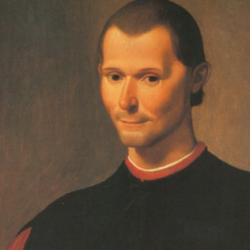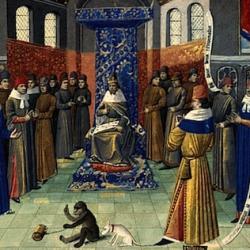Patrick Deneen argues that liberal order is incompatible with limited government. Liberalism is devoted to the protection of rights, including the right to happiness; its ends are limitless, and so the scope of liberal government is likewise unlimited. At the end of the essay, Deneen quotes this illuminating passage from Locke’s Essay Concerning Human Understanding, where Locke discusses the relativity of goods under the heading, revealingly enough, of “On Power”:
All men seek happiness, but not of the same sort. The mind has a different relish, as well as the palate; and you will as fruitlessly endeavor to delight all men with riches or glory (which yet some men place their happiness in) as you would to satisfy all men’s hunger with cheese or lobsters; which, though very agreeable and delicious fare to some, are to others extremely nauseous and offensive: and many persons would with reason prefer the griping of an hungry belly to those dishes which are a feast to others. Hence it was, I think, that the philosophers of old did in vain inquire, whether summum bonum consisted in riches, or bodily delights, or virtue, or contemplation: and they might have as reasonably disputed, whether the best relish were to be found in apples, plums, or nuts, and have divided themselves into sects upon it. For, as pleasant tastes depend not on the things themselves, but on their agreeableness to this or that particular palate, wherein there is great variety; so the greatest happiness consists in the having those things which produce the greatest pleasure, and in the absence of those which cause any disturbance, any pain. Now these, to different men, are very different things. If, therefore, men in this life only have hope; if in this life only they can enjoy, it is not strange nor unreasonable, that they should seek their happiness by avoiding all things that disease them here, and by pursuing all that delight them; wherein it will be no wonder to find variety and difference. For if there be no prospect beyond the grave, the inference is certainly right—“Let us eat and drink,” let us enjoy what we “for tomorrow we shall die.” This, I think, may serve to show us the reason, why, though all men’s desires tend to happiness, yet they are not moved by the same object. Men may choose different things, and yet all choose right.
This is a vision in which there is no answer to the question, What is the chief end of man? And, translated into political order, Locke’s argument enlists the government to protect everyone’s answer to the question, What do I choose as my chief end?











